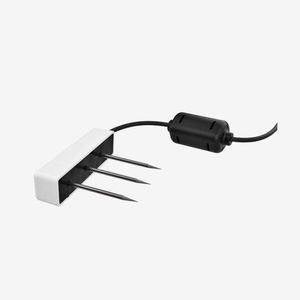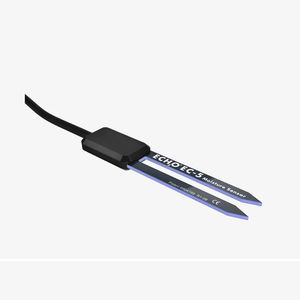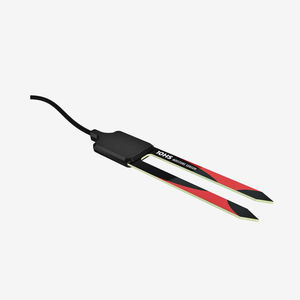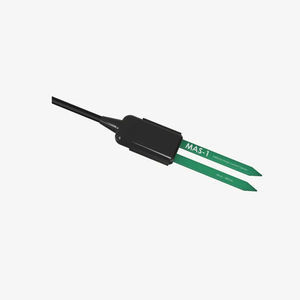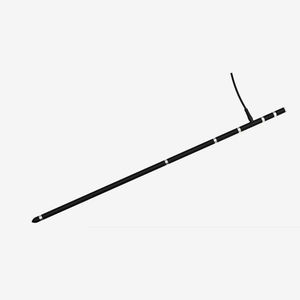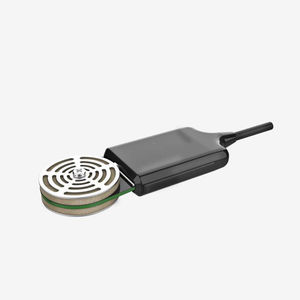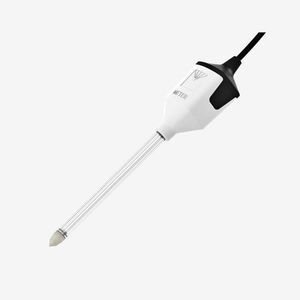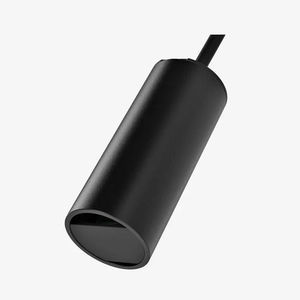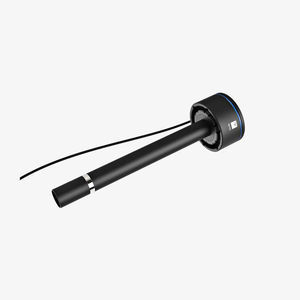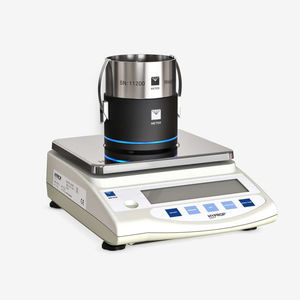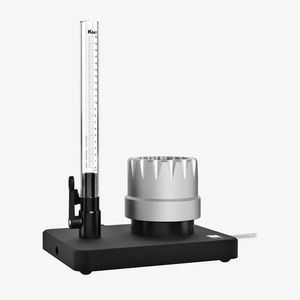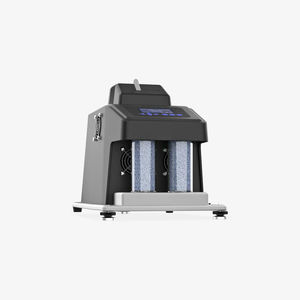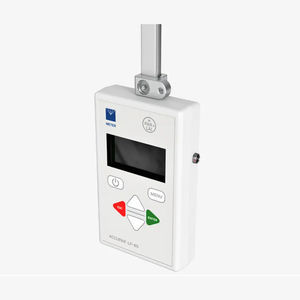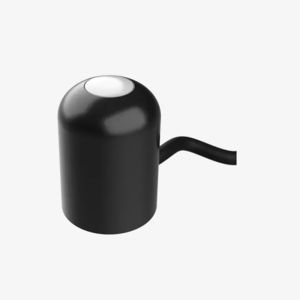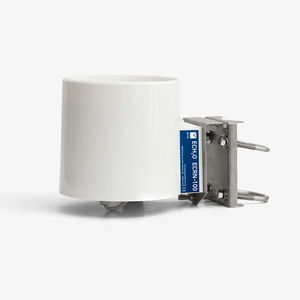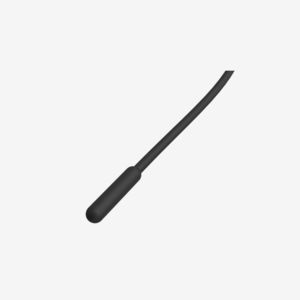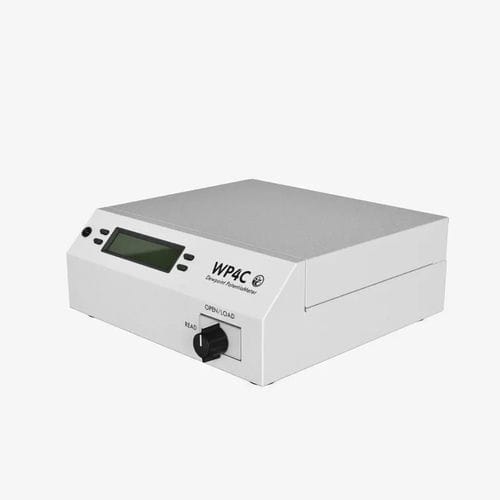
Air analyzer WP4Cwaterfor soilpaper

Add to favorites
Compare this product
Characteristics
- Measured entity
- air, water
- Application domain
- for soil, paper
- Measured value
- relative humidity, temperature, pressure, water content, form
- Configuration
- benchtop
- Other characteristics
- calibration, combined
Description
Measuring soil water potential is never easy. Traditional methods such as pressure plates or filter paper have always been problematic. Not only are they extremely time consuming, but both methods have issues with accuracy. That's why we developed the WP4C.
As world experts in water potential and soil suction, it wasn't enough to engineer an instrument that delivered consistent accuracy. We also designed it to be easy to use and take only minutes to register measurements, even in dry soils. The WP4C is a complex instrument due to its versatility, but extremely easy to use with sample sizes up to 7 ml. Simply fill half of the cup with soil, leaves or seeds, and then equilibrate the sample.
The WP4C is so accurate, it's used to calibrate other measurement methods and has been published extensively. Why? The dew point sensor inside the WP4C is a primary measure of water potential, not some secondary parameter merely correlated with water potential. It measures the combined matric and osmotic potential using fundamental thermodynamics and a finely-tuned calibration. Here's how it works:
The WP4C determines the relative humidity of the air above a sample in a sealed chamber (conforms to ASTM D6836). Once the sample comes into equilibrium with the vapor, relative humidity is determined using the chilled mirror method. This involves chilling a tiny mirror until dew starts to form. At the dew point, the WP4C measures both mirror and sample temperature within 0.001 °C. This allows for unparalleled accuracy in the -0.1 MPa to -300 MPa range so you can have full confidence in sample readings.
VIDEO
Catalogs
WP4C WATER POTENTIAL METER
3 Pages
Related Searches
- Gas analyser
- Concentration analyser
- Monitoring analyser
- Liquids analyser
- Desktop analyzer
- Automated analyzer
- Dust analyzer
- Process analyser
- Portable analyser
- Continuous analyser
- Water analyser
- Compact analyser
- Calibration analyser
- Temperature analyser
- Sampling analyser
- Analyser for the food industry
- Signal analyser
- Moisture analyser
- Simultaneous analyser
- Electrochemical analyser
*Prices are pre-tax. They exclude delivery charges and customs duties and do not include additional charges for installation or activation options. Prices are indicative only and may vary by country, with changes to the cost of raw materials and exchange rates.














